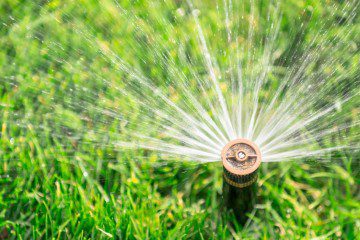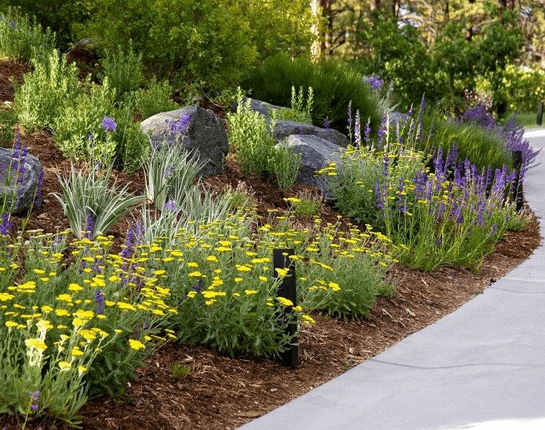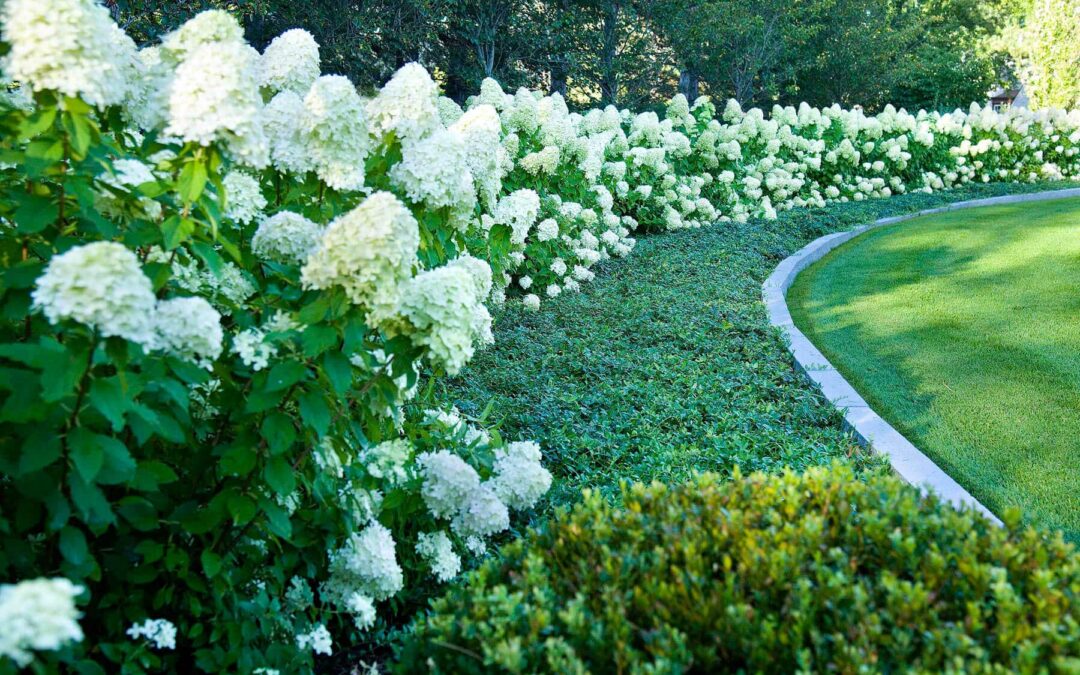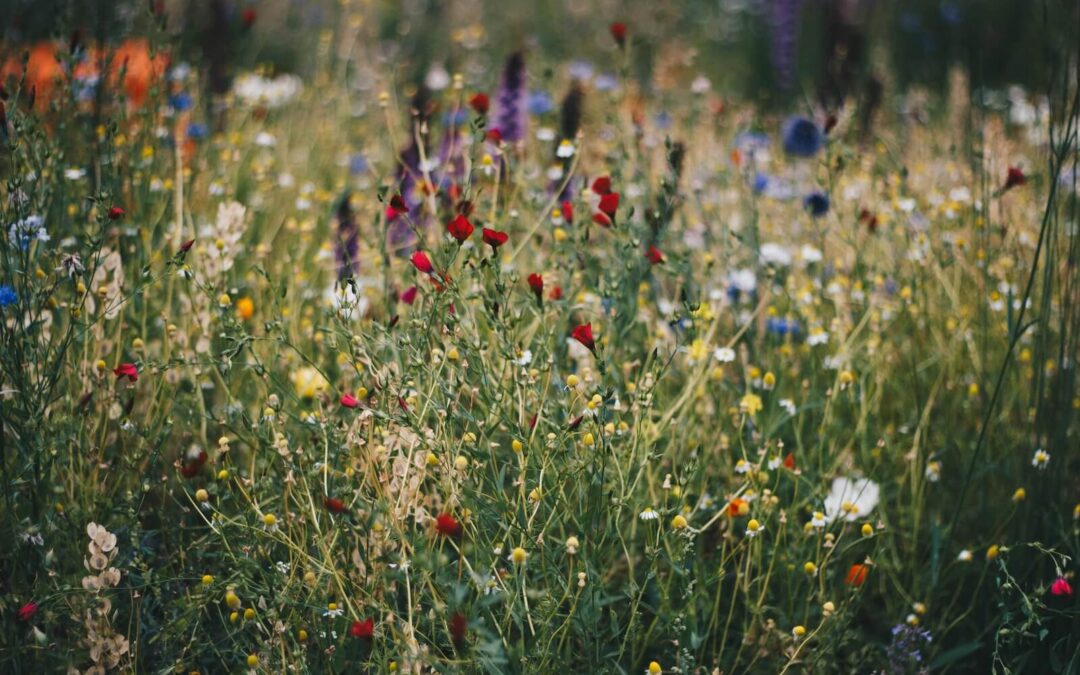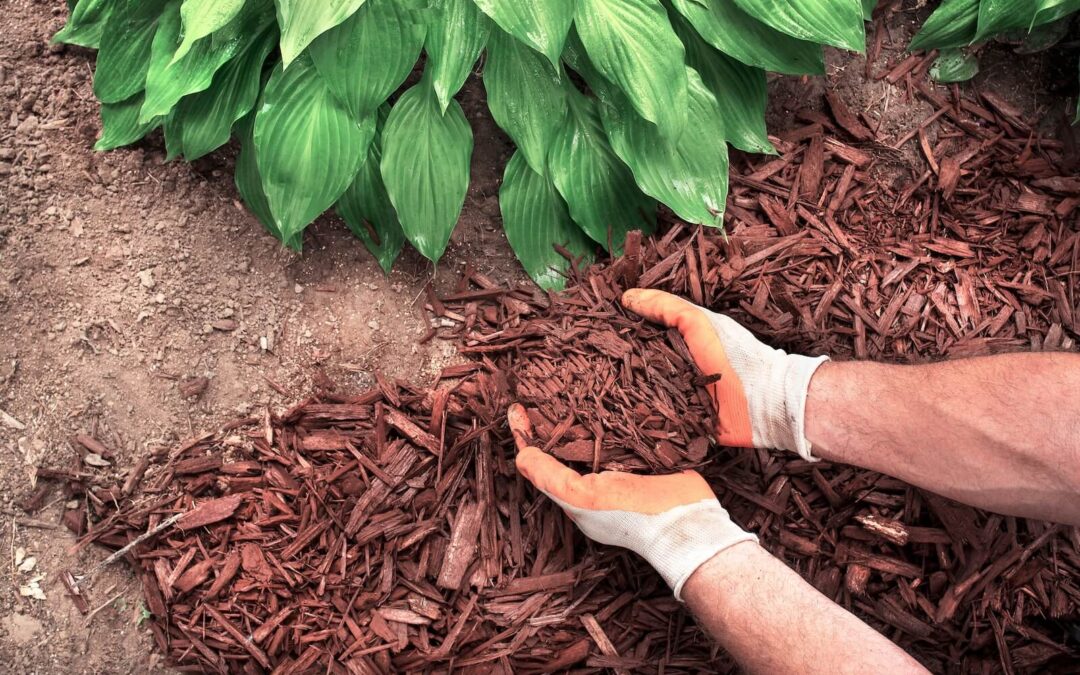Summer is almost here, and with the warmer weather comes concerns about saving water in the Greater Denver area. Landscapes can use a lot of water, but we like to look at ways you can reduce your water usage while still enjoying a beautiful yard.
You can begin by educating yourself about how much water your landscape needs. You may be over watering and not realize it. For instance, you only need to run your irrigation system three days a week during the summer and water mature shrubs twice a week. Additionally, plants with strong root systems can withstand periods without irrigation.
Soil that is covered by mulch stays cooler, and cooler soil temperatures mean less evaporation and more water retention for your plants. So, be sure to lay down a layer of mulch about two to three inches thick for optimum cooling.
Drip irrigation systems can also help deliver water more efficiently to your landscape than traditional irrigation systems. Through drip irrigation, water is applied just at the root of the plant. Other benefits of drip irrigation include disease prevention, reduced weed growth, water and time savings, and less work and maintenance.
Drip irrigation is just the beginning of the new water saving technologies that are available to homeowners today. Irrigation controllers operate based on local weather data that tells it when and how much to water. Soil moisture sensors automatically water when low soil moisture is detected. Rainfall shutoff devices turn off when it rains and takes the rainfall into account when it comes to watering needs.
If you are considering an irrigation system, you will want to familiarize yourself with the different types of sprinkler systems to find the best fit. In general, look for an irrigation systems that uses large drops of water near the ground rather than sprays or mists because they are more efficient and have less evaporation.
We already mentioned drip irrigation systems as being most efficient, but rotor irrigation systems are also efficient because they apply water at a slower rate than spray systems.
Contact Lifescape for more water saving landscape tips.

